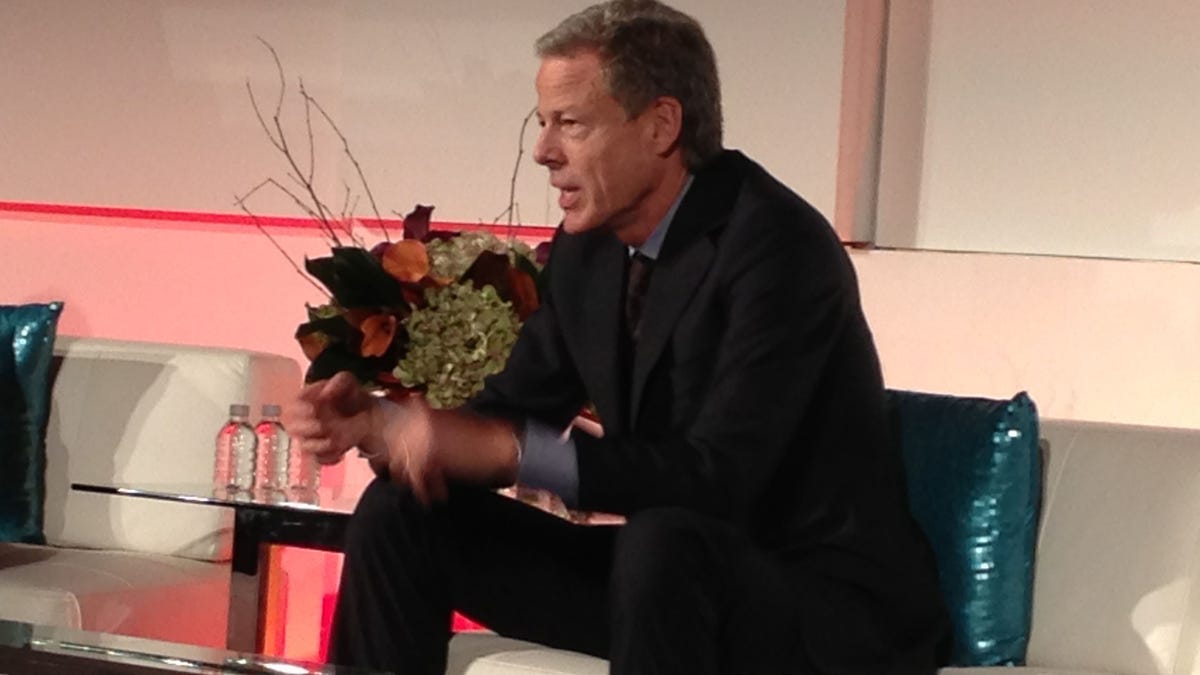Time Warner CEO: Video-on-demand best thing to hit premium cable
The VOD model helps bolster hit shows such as HBO's "Game of Thrones," as well as creating a platform for new niche programming, CEO Jeff Bewkes tells investors.

Many in the entertainment industry are afraid of television programming moving online and toward a video-on-demand model, which wrecks havoc on how companies have traditionally made money.
Time Warner CEO Jeff Bewkes isn't one of them.
"You couldn't have a more positive development," Bewkes said about VOD at an investor conference Tuesday.
VOD bolsters the viewership for hit programs, because it allows consumers to tune in whenever they want, he said. But, he added, VOD also creates a platform for introducing niche programming.
Bewkes touted HBO Go as the "best video product in the world today" and a model for how VOD works for an entertainment company. (Time Warner owns HBO.)
The rising trend of creating serialized programs fits in well with VOD, which lets viewers watch multiple episodes at once and keep up to date with the latest episode. In the past, serialized shows didn't do well because they didn't fit with a syndication model, in which the reruns are shown out of order, Bewkes said. In that case, procedural shows such as "Law and Order" or situation comedies were more appropriate.
Others in the industry are worried that video-on-demand will eat away at the advertising revenue that's generated from having programs run on network or basic cable channels. The service providers, meanwhile, are fearful that the move to online entertainment would reduce the willingness for consumers to pay extra for cable channels.
The VOD model has worked for companies such as Netflix, Amazon, and Hulu, Bewkes said. These services provide a platform for the companies to experiment with their own shows. While HBO has been doing it successfully for years, Netflix, Amazon, and Hulu are just now getting into it.
Bewkes commented specifically on Netflix, which has grown into an online entertainment giant with its streaming video service, saying that it tends to be more complimentary to premium and basic cable.
"We all compete in some ways, but the people who want high-quality subscription packages are the same people who want Netflix," he said.
He added that Netflix hasn't had an effect on basic video packages.
HBO had its strongest subscriber growth year domestically in 2012, and is on the same track this year, Bewkes said. There are more than 40 million subscribers to HBO and Cinemax domestically, and 70 million outside the U.S.

